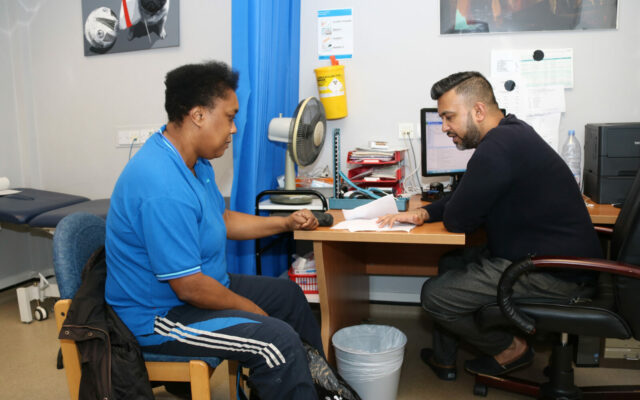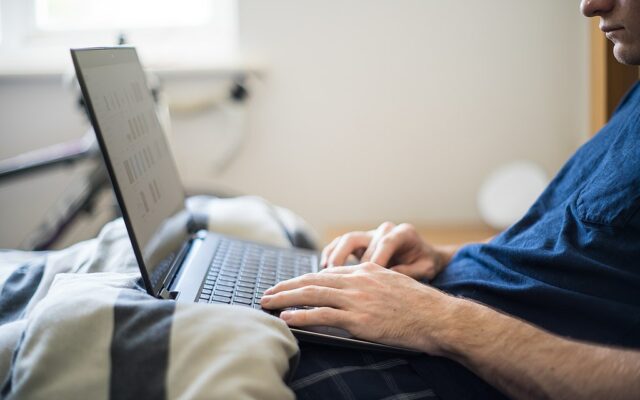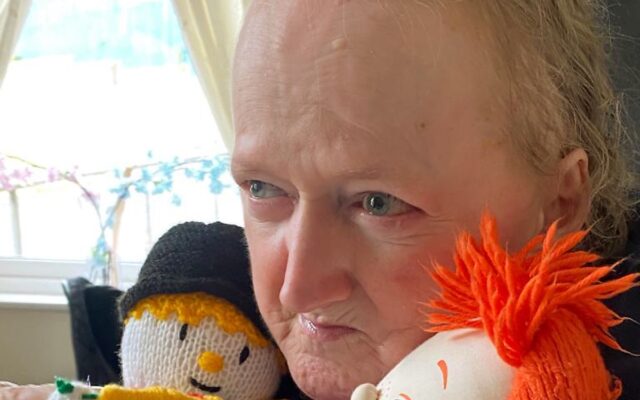At the start of the Covid-19 lockdown in March, measures were introduced to provide financial support to both those in employment and those who were out of work and claiming welfare benefits. At the time of writing, several of the measures were still in place, and some of these have been modified.
The job retention scheme provides a grant to employers to enable them to pay the wages of staff who remain on the payroll but who are temporarily furloughed during the outbreak. The scheme is due to close on 31 October. For self-employed people who have been adversely affected by the crisis, the self-employed income support scheme is still in place. However, they must apply for this by 19 October, and applications for the first grant can no longer be made.
Illness and sick pay
As before, people who are off work and ill with Covid-19 may be entitled to claim statutory sick pay (SSP). If they are not entitled to SSP, or have already been paid it for 28 weeks, they may be able to claim employment and support allowance (ESA). A client may be able to claim universal credit (UC) as their main income or to top up other income, whether during or outside of the Covid-19 crisis. However, if the claimant gets a “legacy” benefit (such as income-related ESA), they should always seek advice before doing so.
For Covid-19 related claims made before 10 July, medical evidence was not required. Now, all new claims for contributory ESA have to be supported by medical evidence. The Department for Work and Pensions (DWP) is contacting affected claimants to advise the date from which they are required to provide evidence.
When claiming UC, people with an illness or disability that limits their capability to work should provide evidence of this (usually via a fit note) when making their claim or as soon as possible thereafter.
Sanctions and reviews
Conditionality and benefit sanctions have been reintroduced from July following their temporary suspension.
The “claimant commitment” for those already claiming UC, ESA and jobseeker’s allowance will be reviewed and updated as capacity allows. The DWP has said that claimants who are, for example, shielding or have childcare responsibilities because of Covid-19 restrictions will have their claimant commitment tailored to reflect their circumstances “and will not be asked to do anything unreasonable”.
Sanctions will be imposed only where a claimant has not provided good reason for meeting the agreed requirements in the claimant commitment. Requirements to attend appointments at job centres in person were suspended in March. Claimant commitments for both new and existing claimants are likely to be dealt with over the telephone. It is expected to be some time before all job centres are open and operating as usual. Face-to-face appointments are the exception rather than the rule and are usually for claimants who cannot get the help they want online or over the phone.
The suspension of all face-to-face medical assessments continues for UC, ESA and personal independence payments (PIPs). Assessment providers are continuing to carry out telephone as well as “paperbased” assessments where possible. The DWP has restarted reviews and reassessments for PIP and disability living allowance (DLA), initially in the following circumstances:
● Reviews and reassessments of PIP that were under way but were suspended in March
● Inviting people whose PIP award is coming to an end to reclaim PIP
● Inviting children who get DLA and are turning 16 to apply for PIP
● Accepting renewal applications for other child DLA claimants
● Invitations to claim PIP for existing adult DLA claimants are on hold and DLA payments will continue.
As all face-to-face assessments remain suspended, assessments will be via telephone or possibly paper based. The DWP is prioritising clients who experience a relevant change of circumstance. So, if a client has a change that means their PIP award could be increased or decreased, they should report this to the DWP as soon as possible.
Care and support
Carers continue to get carer’s allowance if they have a temporary break in caring as a result of isolation because they or the person they care for is infected with or at risk of contamination with Covid-19. This is expected to last until mid November. Providing “emotional support” remotely, for example over the telephone, can count towards the 35 hours needed to claim carer’s allowance.
As per the government’s stated intentions, it is expected that the financial support described here is not for the long term, and the benefit rules that have been relaxed will be tightened up again. However, we know a government can change its mind, so please seek the most up-to-date news and information.
● DWP. Coronavirus Support for Employees, Benefit Claimants and Businesses. https://tinyurl.com/wvykjtq
Charlie Callanan is an adviser and writer on welfare rights




